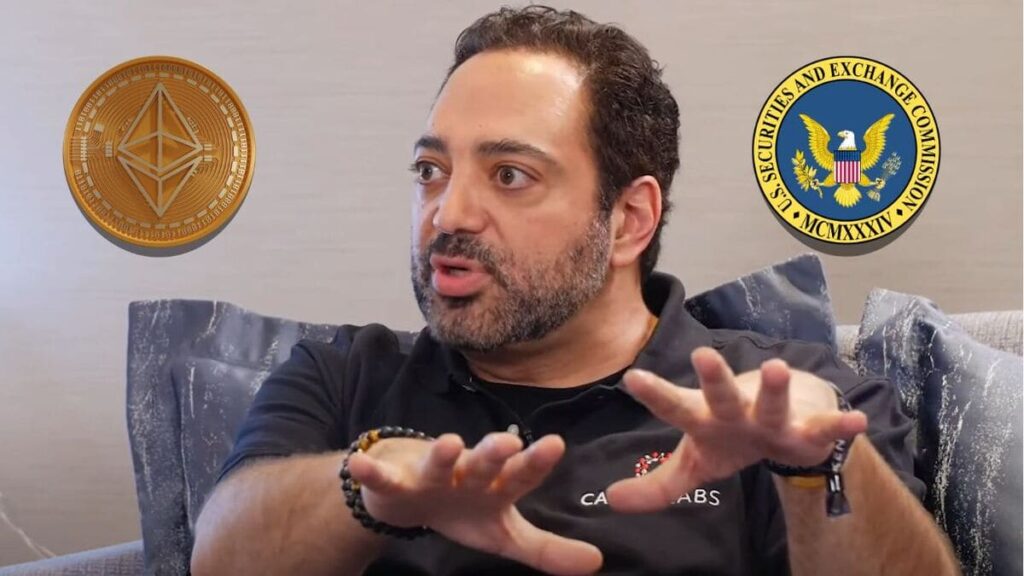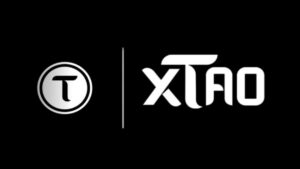TL;DR
- Steven Nerayoff strongly criticizes the SEC’s regulatory stance on cryptocurrencies, especially under the leadership of Gary Gensler.
- He points out Joseph Lubin and other “bad actors” for severely damaging the crypto market.
- He emphasizes the need for greater transparency and regulatory clarity for a healthy growth of the crypto market.
Former Ethereum network advisor, Steven Nerayoff, has echoed his concerns about the regulatory stance of the United States Securities and Exchange Commission (SEC) regarding cryptocurrencies, especially under the leadership of Gary Gensler.
Nerayoff was highly critical of the SEC’s regulatory policies. Additionally, he also singles out Joseph Lubin, co-founder of Ethereum, and other “bad actors” for their actions, which he believes have severely damaged the crypto market.
🚨⚠️ WE ARE NOT AT ODDS WITH ETHEREUM, BUT WITH JOSEPH LUBIN AND OTHER BAD ACTORS:
Lubin along with other bad actors have caused immense harm to the industry through their actions. They have artificially kept the overall market cap of crypto low, preventing the growth of the… pic.twitter.com/17fIrMpb2e
— Steven Nerayoff (@StevenNerayoff) May 12, 2024
One of his main concerns is the impact that these actions have had on ETH. Supposedly, the SEC is considering enforcement proceedings to regulate it as a security. However, Steven maintains that the conflict lies not in Ethereum itself, but in the actions of Lubin and other actors.
According to the former advisor, these detrimental actions have resulted in a significant decrease in the total market capitalization of cryptocurrencies, affecting investors and hindering the growth of the crypto ecosystem.
Nerayoff Advocates for More Transparency and Regulatory Clarity
Furthermore, he also highlights the lack of transparency and regulatory clarity as obstacles to the healthy development of the crypto market. He advocates for proper oversight and legal actions against those who have harmed investors and undermined the growth of the industry.
In response to Nerayoff’s criticisms, Lubin has argued that the SEC is conducting a series of strategic enforcement actions instead of establishing transparent rules and maintaining open communication. However, Steven is not satisfied with this response and argues that Lubin’s statements are merely a deceptive tactic.
Nerayoff underscores the need for greater transparency and regulatory clarity in the crypto market, as well as the importance of holding those responsible for harmful actions accountable to ensure a healthy and sustainable growth of the industry.
These objectives are in complete dissonance with the actions of the SEC, which categorically seeks to hinder progress and is under the leadership of a man who, regardless of his knowledge and views, acts in defense of interests opposed to the freedom and privacy of individuals.











